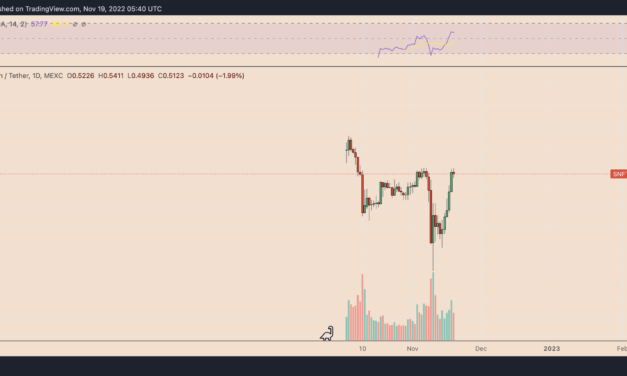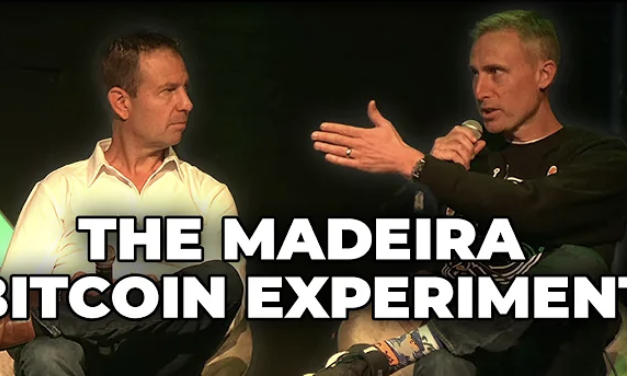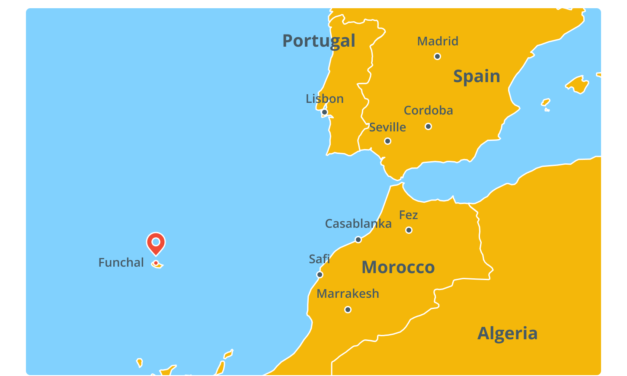Spain for the win? Top 3 fan tokens to watch during the FIFA World Cup
The FIFA World Cup in Qatar is boosting the value of national soccer team fan tokens despite the cryptocurrency bear market.World Cup Qatar hype boosts fan token pricesThese digital fan tokens are currently rallying despite the cryptocurrency market downturn, securing up to 170% gains from the Nov. 10 lows. At the core of the massive uptrend is the World Cup, which will be held from Nov. 20 to Dec. 18 in Qatar.Fan tokens are cryptocurrencies that enable fans to engage with and participate in their favorite team’s decisions. Moreover, they create new sponsorship opportunities for sports clubs and national squads outside of traditional revenue sources.Here’s a brief overview of the top gainers in the fan token sector, alongside their technical outlook during the course of the World Cup.Spain National Football Team Fan Token (SNFT)The Spain National Football Team Fan Token (SNFT) emerged as the top gainer in the sports token section, rising 170% to a high of $0.54 on Nov. 19, nine days after bottoming out at $0.20.SNFT/USD daily price chart. Source: TradingViewSNFT’s outperformance versus other fan crypto tokens may reflect the Spanish football team’s higher odds of winning the World Cup in 2022. But in traditional terms, Spain’s odds of winning the trophy is +800, meaning betting $100 would yield $800, according to Vegas Insider.From a technical perspective, SNFT trades inside a neutral zone, as confirmed by its daily relative strength index (RSI) at around 58, below its overbought threshold of 70.In other words, SNFT shows potential to continue its rally during the World Cup and its price should reflect how the Spain National Football team performs.For instance, back-to-back wins for Spain may stretch SNFT’s valuation above its current resistance level of $0.538 for a potential run-up toward its record high near $0.718, as shown in the four-hour chart below. SNFT/USD four-hour price chart. Source: TradingViewConversely, a pullback from $0.538 could have SNFT eye a correction toward $0.412, down about 18% from today’s price.Spain will next play Costa Rica on Nov. 23 in the Group E category, followed by a standoff against Germany on Nov. 28.Brazil National Football Team Fan Token (BFT)The Brazil National Football Team Fan Token (BFT) appears to be the crypto market’s second favorite fan token. Its price has rallied 130% in just nine days, from $0.45 on Nov. 10 to over $1 on Nov. 19. BFT/USD daily price chart. Source: TradingViewBrazil is the favorite to win the World Cup this year with +350 odds in traditional betting circles, meaning a $100 bet would return $350. That could serve as a fundamental factor behind BFT’s growth in the coming weeks, given the token still has room to run based on its neutral daily RSI.As of Nov. 19, BFT eyes a breakout above $1.05, its current resistance level, toward its short-term upside target at around $1.16. An extended rally could occur if Brazil wins the World Cup on Dec. 18, paving the path toward $1.31, up 25% from today’s price.Related: Metaverse community with 3M users adds utility with FIFA World Cup 2022™ collaborationConversely, a pullback would risk sending BFT toward $0.82, its October 2022 support level.Brazil’s first match is against Serbia on Nov. 25 in Group G, followed by a standoff against Switzerland on Nov. 28.Portugal National Team Fan Token (POR)The Portugal National Team Fan Token (POR) is the third-best performer in the ongoing fan token boom, rising about 100% to $6 on Nov. 19, nine days after hitting lows of $3.10.POR/USDT daily price chart. Source: TradingViewTraditional bookies measure Portugal’s odds of winning the World Cup at +1600, meaning betting $100 would yield about $1,600.POR now tests $6 as its resistance, with its daily RSI near 64, just six points below its overbought threshold. A decisive pullback from the said price ceiling could have POR eye a correction toward $4.80, its support level from September-October 2022.Conversely, continued success in the World Cup for Portugal may flip the scenario to bullish, leading POR above its $6-resistance to eye a rally toward or above $7.The views and opinions expressed here are solely those of the author and do not necessarily reflect the views of Cointelegraph.com. Every investment and trading move involves risk, you should conduct your own research when making a decision.
Čítaj viac














